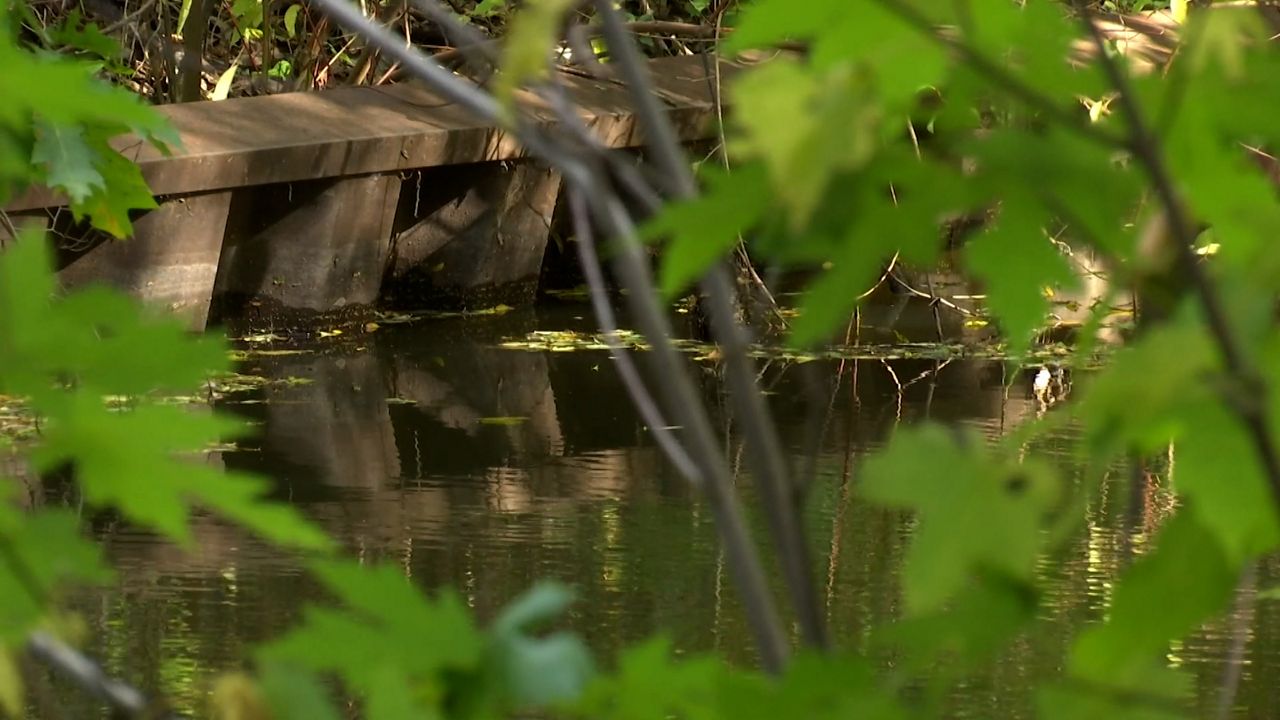MADISON, Wis. — 22 new substances could soon be regulated by state agencies in groundwater.
The Department of Health Services submitted new groundwater standards recommendations to the Department of Natural Resources and Department of Agriculture, Trade and Consumer Protection. The recommendations include 12 per-and polyfluoroalkyl substances (PFAS) and six pesticides.
The levels would set a standard of health guidelines for the chemical that should trigger an investigation into the source if detected in drinking water or groundwater.
“The preventive action limit is basically just a early warning system that says, hey we need to look at what's happening here, is our facility not working? Is the spreading of this material starting to cause a problem,” said Darsi Foss, Environmental Management Division Administrator for the DNR.
There will be a formal rule-making process triggered with the submission. There will be public comments and stakeholder meetings. The rule-making process could take several years.
“These recommendations demonstrate our ongoing commitment to ensuring clean, safe drinking water for Wisconsin residents,” said DHS Deputy Secretary Julie Willems Van Dijk in a press release. “With this essential information in hand, we continue our vital work to protect this precious resource.
Several of the PFAS chemicals on the recommendation have been tested for in wells over the past years and are different strands than have been reported in widespread contamination sites in the state. Once the rules are affirmed, they would give agencies the opportunity to step in and get people clean water if levels of past tests came back high for the previously unregulated chemicals.
The new PFAS chemicals don't currently have federal regulations through the Environmental Protection Agency.
DHS reviewed 40 different chemicals and did not recommend levels for 18 types of PFAS because they did not have enough scientific data to make regulatory decisions.
Wisconsin’s groundwater quality standards are used for regulating facilities, practices and activities that can affect groundwater.
The Wisconsin PFAS Action Council is working on a report to send to Governor Tony Evers (D-Wisconsin) on the manmade chemicals, its work is separate from setting regulatory levels, but would operate off of state-guidelines.



